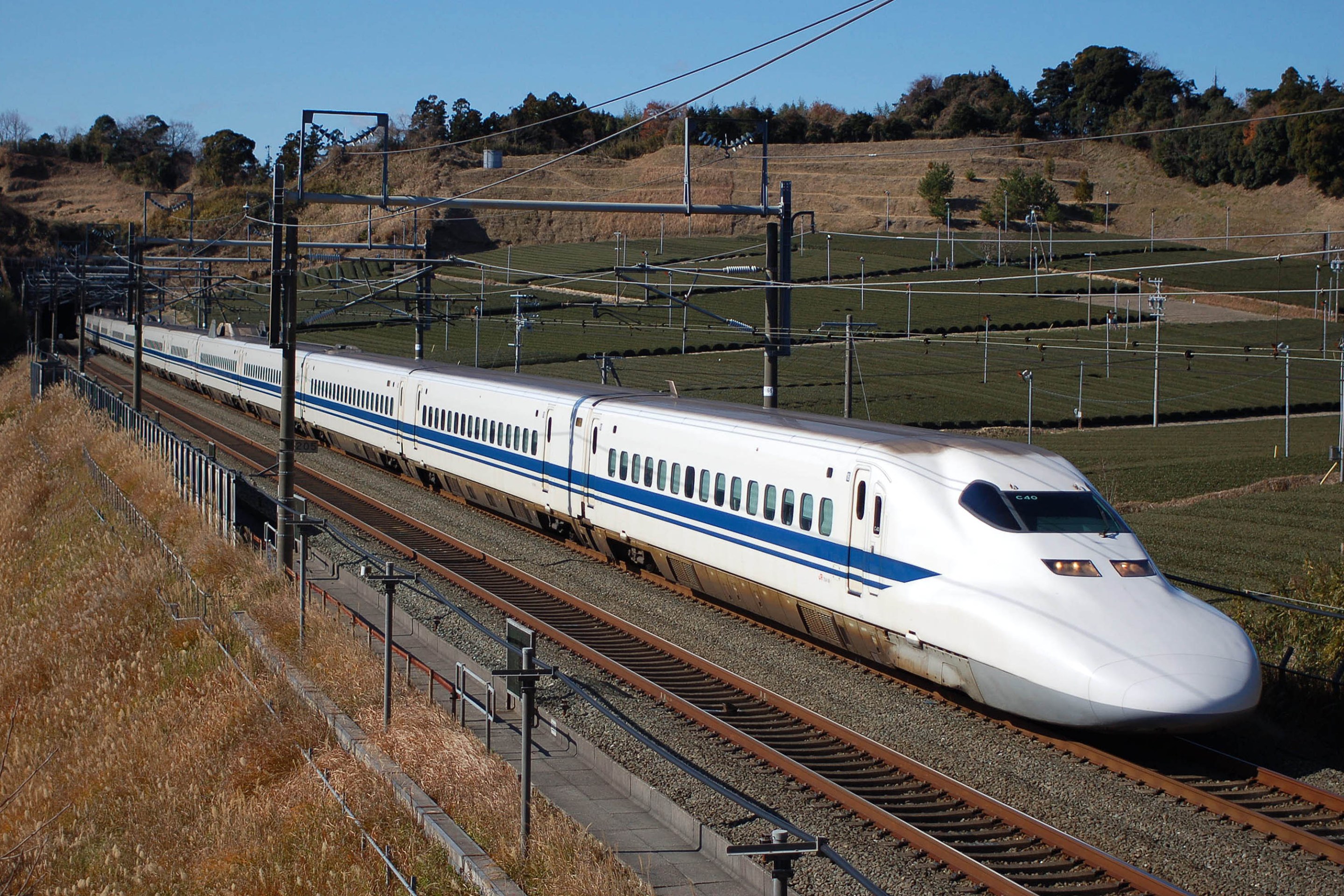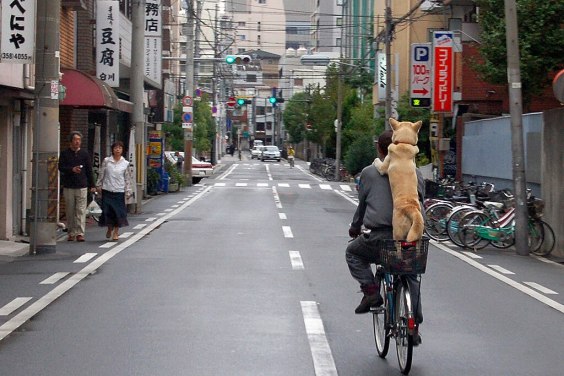The city's proposed Transportation Sustainability Fee -- which would be assessed on new development to speed up construction of walking, biking, and transit infrastructure -- moved forward today with approval from the SF Planning Commission. The commission approved a maximum rate slightly higher than the city had initially proposed but far lower than what some livable streets advocates wanted.

In addition, square footage devoted to car parking won't factor into the fee developers are expected to pay. No matter how much parking is included in a project, it won't raise the fee. This runs in direct opposition to the purpose of the TSF, say advocates, which is supposed to be a key tool in the city's efforts to generate revenue for safer streets and more effective transit.
Under the approved TSF rates, which must still be approved by the Board of Supervisors, developers would pay for 33 percent, at most, of the estimated costs associated with street infrastructure to accommodate people traveling to and from their projects, as determined by the Planning Department's "Nexus Study" [PDF]. The default rate would remain the 25 percent initially proposed by the Planning Department.
In a joint letter, Livable City, the SF Bicycle Coalition, and Walk SF said developers should pay 100 percent of "the true cost that development has on our transportation system, as outlined in the SFMTA's own transportation sustainability study":
For far too long, the City has not asked developers to pay their fair share, resulting in unreliable service, and [an] inadequate system for all users and ultimately a huge economic burden for San Francisco residents and community members. The need to increase the TSF is particularly critical given that other development impact fees are being lowered as part of this legislation.
The default 25 percent rate is "nowhere near sufficient," Supervisor John Avalos told the Planning Commission.
According to a study from the Planning Department [PDF], however, higher fees could result in less housing construction. The study concluded that asking developers to pay for about 40 percent of the costs "could significantly inhibit development feasibility."
Other advocates saw 25 percent as too low but favored the 33 percent rate as a "middle ground," including the SF Transit Riders Union, Urban Habitat, the Council of Community Housing Organizations, the Senior and Disability Action Network, and the Human Services Network.
"A more aggressive fee level is warranted in order for San Francisco to grow sustainability, including investments in an equitable transportation system," the groups wrote in a letter, noting the $3.3 billion backlog of "unfunded capital needs through 2030" for transportation.
No commissioners proposed a rate over 33 percent. The commission did vote, however, to take several measures pushed by Avalos and others. The commission removed a TSF exemption for large hospitals, which hospital lobbyists pushed for when the TSF was originally proposed in 2012. The commission also recommended that the Board of Supervisors consider a "graduated fee" that varies by neighborhood, based on demand for development, and voted to require that the fee be reassessed every three years, instead of the original five.
But commissioners didn't touch the fact that car parking would not be considered as part of the impact fee. That's "a big hole," said Avalos.
In fact, commissioner Michael Antonini explained his opposition to charging for parking spaces by saying that residents would "do us a favor" by driving, since they're not crowding on to transit. No commissioners rebuffed him.
Livable City, the SFBC, and Walk SF wrote in their letter:
The amount of parking in a project is one of the most effective ways to influence travel behavior... The goal of the TSP is not only for developers to pay for their transportation impacts, it’s also to build the infrastructure needed to meet the City’s mode-shift goals. It is concerning that one of the most obvious facilitators of vehicle use will not be included in the current fee.





